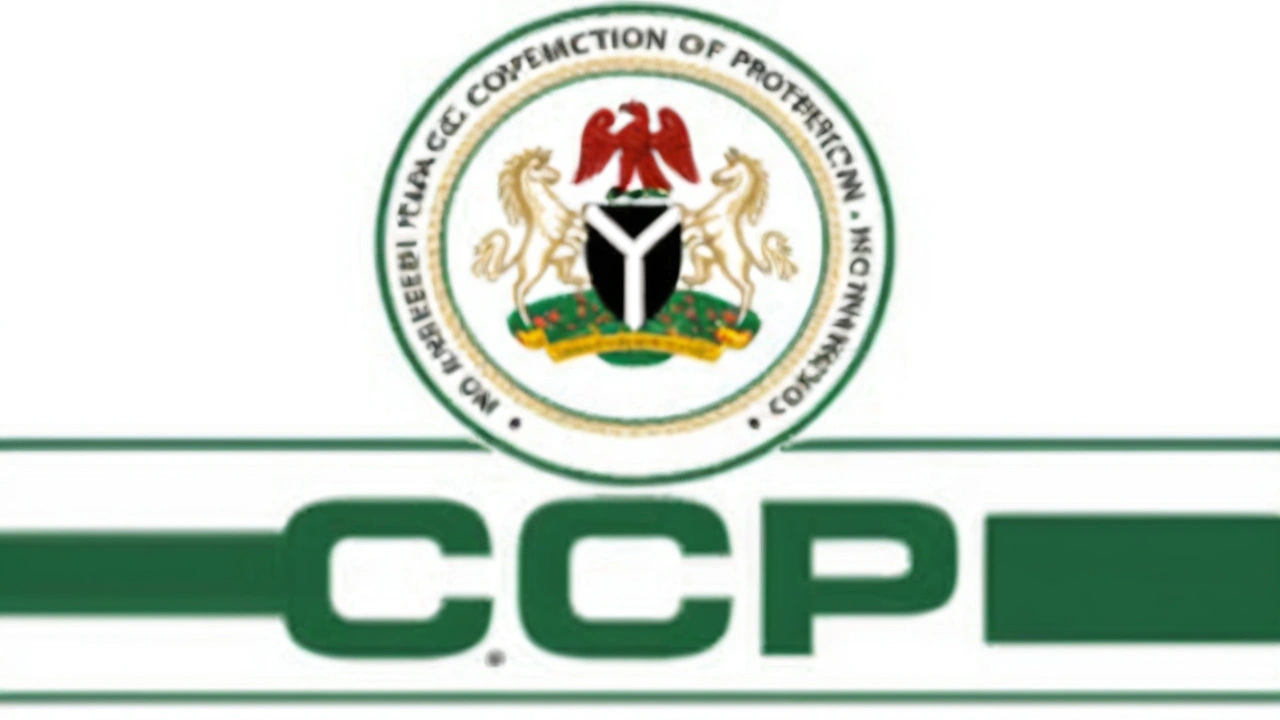Consumer Rights Violations: How to Identify and Fight Back
Every day you buy something, sign a contract, or use a service. If a business cheats you, it’s not just annoying – it’s illegal. Across Africa, many people face price hikes, false ads, or faulty products that break their rights. Knowing the signs and the tools you have can stop the abuse before it hurts you again.
Common Types of Violations
Here are the most frequent ways companies trample on consumer rights:
- Price gouging: charging far more than the market price during shortages.
- False advertising: promising features or results that never happen.
- Substandard goods: selling broken, unsafe, or counterfeit items.
- Warranty denial: refusing to repair or replace a product that’s still under guarantee.
- Unfair contract terms: hidden fees, one‑sided clauses, or forcing you to waive legal recourse.
These practices show up in everything from mobile phone plans to grocery bills. Spotting them early saves money and stress.
Steps to Protect Yourself
When something feels off, act fast. First, keep every receipt, email, or screenshot. Evidence is the strongest weapon you have.
Second, check the seller’s reputation. Look for reviews, ratings, or warnings from consumer watchdogs. A quick online search can reveal a pattern of complaints.
Third, contact the business directly. A polite but firm message that cites your rights often leads to a quick fix. If they ignore you, move on to the next step.
Fourth, file a complaint with your national consumer protection agency. In South Africa, that’s the National Consumer Commission; in Kenya, it’s the Competition Authority. Most agencies have online portals where you can upload your evidence and track the case.
Finally, consider legal help. Many NGOs offer free advice, and some law firms work on a contingency basis for consumer cases. Knowing your legal options makes businesses think twice before breaking the rules.
Stay aware of the latest news on consumer rights violations – the tag page curates stories that illustrate real‑world examples. Reading them helps you recognize patterns and act before you become a victim.
Keep this guide handy, share it with friends, and whenever you spot a shady deal, speak up. Your vigilance protects not just you, but the whole market.
FCCPC to Sanction Coca-Cola Nigeria and NBC Over Misleading Consumer Practices
- Jeremy van Dyk
- 7 Comments
The Federal Competition and Consumer Protection Commission (FCCPC) plans to penalize Coca-Cola Nigeria and the Nigerian Bottling Company for breaching consumer protection laws. The charges include misleading advertising and unfair marketing practices. The companies reportedly misrepresented product formulations, prompting a formal investigation that concluded in December 2020.
Read more

